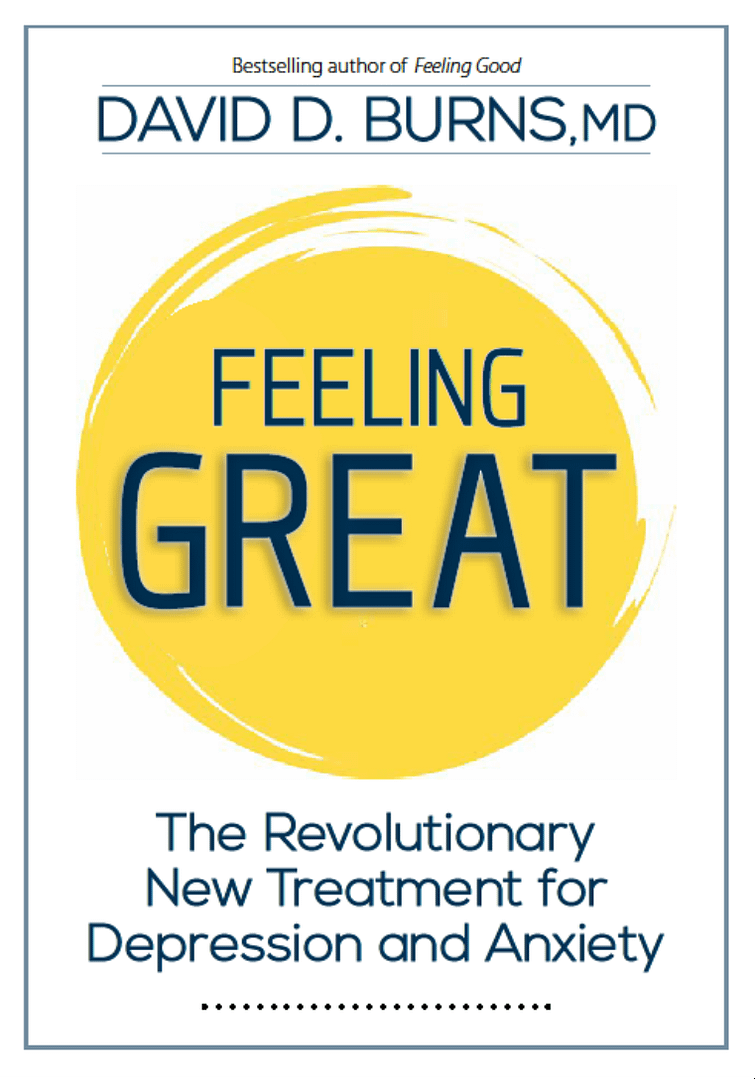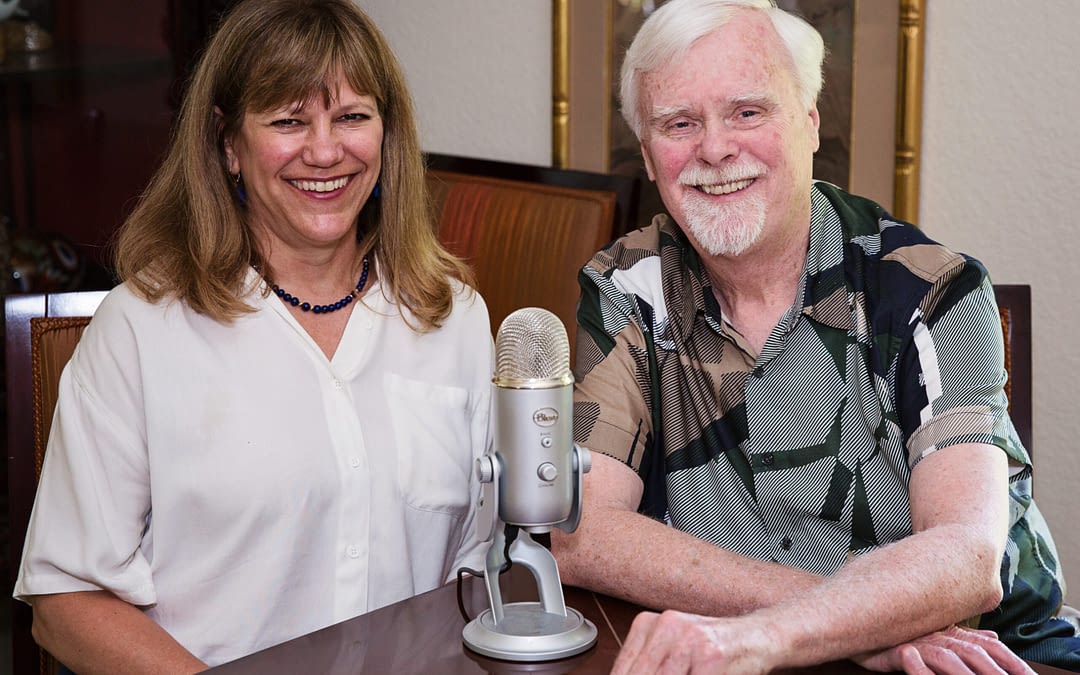Podcast 222 Ask David December 28, 2020
Ask David featuring five challenging questions.- Jay asks: How do you treat individuals with personality disorders using TEAM-CBT?
- Jeff asks: Can you talk more about the “great death” of the therapist’s “helping” or “rescuing” self? This was really helpful to me!
- Darkmana asks: Hey David, are there any books about Buddhism you would recommend? I can see you’re a fan of it from Feeling Great!
- Angela asks: What’s a perfect score on your empathy test?
- Margaret asks: What can you say to a patient who doesn’t want to push the Magic Button?
* * *
- Jay asks: How do you treat individuals with personality disorders using TEAM-CBT?
Rhonda and David talk about how TEAM-CBT developed out of David’s treatment of large numbers of individuals with Borderline Personality Disorder, and what some of the treatment strategies are.
* * *
- Jeff asks: Can you talk more about the “great death” of the therapist’s “helping” or “rescuing” self? This was really helpful to me!
Hi Dr. Burns,
I loved what you’ve taught on the death of the selves – and recently read the Four Great Deaths of the Therapists Ego in your new book, Feeling Great. One part that I found so helpful was the death of “The Helping, Rescuing Self.”
I think I’ve believed that’s my purpose. That’s why I’m there. I’m there to “help” the client feel better and live a full, rich, meaningful life. That’s something I’ve struggled with – because if I’m not there to help, what am I there for?
And if I don’t FEEL like I’ve helped, then I’ve failed the client. I’d love to hear this concept expanded on. I think many therapists, coaches, etc. would benefit from seeing how they can work with clients without thinking they have to help or rescue them. Thank you, Dr. Burns.
P.S. Your new book is a goldmine. Enjoying it immensely.
* * *
- Darkmana asks: Hey David, are there any books about Buddhism you would recommend? I can see you’re a fan of it from Feeling Great?
Hi Darkmana,
Thank you for your question. I’m sure there are many great books out there, but I have never studied Buddhism or read anything about it. I just sort of make things up!
David will tell his Buddhism story when eating in a noodle house with his son Erik.
Rhonda has invited the Dalai Lama to appear on a Feeling Good Podcast. It seems like a long shot, but it would be delightful to have the chance to chat with him, as there is so much overlap between Buddhism and TEAM-CBT! I would guess that he likely has a good sense of humor, since humor and laughter can be such great ways of grasping certain ideas and achieving enlightenment.
I have heard that the Buddha talked about the “Great Death” of the self. In Feeling Great, I talk about four “great deaths” that correspond to recovery from depression, anxiety, relationship problems, and habits and addictions. I’d love to hear the Dalai Lama’s thoughts about this. There may be large numbers of “Great Deaths,” I suspect.
To me, “reincarnation” is something that happens when we are alive, and not something that happens after our bodies die! However, I think most Buddhists might fiercely oppose my thinking in this regard.
I think that “literalism” is one of the problems with most organized religions. Stories that are intended to convey wisdom and insight are taken as literally true.
* * *
- Angela asks: What’s a perfect score on your empathy test?
Hi Angela,
Thanks, yes that is correct. 20 on the empathy scale is the lowest passing grade. A score of 19 and below indicate some significant failure in the therapeutic relationship / empathy.
Since we are hoping for failure, I try to make failure as easy as possible! That’s part of my “anti-perfectionism” philosophy. I encourage the four “great deaths” of the therapist’s ego, and this is the first of the four deaths.
* * *
- Margaret asks: What can you say to a patient who doesn’t want to push the Magic Button?
Hi Margaret,
Great question! Will add it to an Ask David.
Quick answer: you can agree that it is not a good idea to press the Magic Button, and ask them what their NTs and feelings show about them that is positive and awesome, and also ask them why they might NOT want to push the Magic Button, and then once again paradox them.
All you have to do is say “Good thinking. Let’s list all the really GOOD reasons NOT to press that button.” Then you go right into Positive Reframing, followed by the Magic Dial.
Also, if they do not want help, which is often the case with relationship problems as well as habits and addictions, you can just ask if them if there is anything they DO want help with!
It is not my job to persuade the patient to work on something. It is the patient’s job to persuade me to help him or her!
Rhonda and David You can reach Dr. Burns at david@feelinggood.com. Dr. Rhonda Barovsky practices in Walnut Creek, California, but due to Covid-19 restrictions is working via Zoom, and can be reached at rhonda@feelinggreattherapycenter.com. She is a Level 4 Certified TEAM-CBT therapist and trainer and specializes in the treatment of trauma, anxiety, depression, and relationship problems. Check out her new website: www.feelinggreattherapycenter.com This is the cover of my new book, Feeling Great. The kindle is available now, too, and the audio version may be available by the time you read this!


